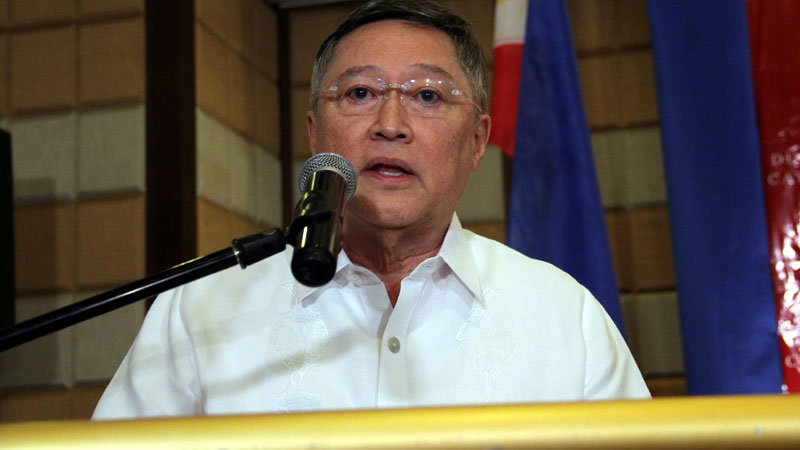The “recalibrated” foreign policy of the Duterte administration seeking to foster closer ties with China and Russia would benefit the agriculture sector as the Philippines looks at new export destinations, Finance Secretary Carlos G. Dominguez III said Monday.
In a hearing of the Senate finance committee on the Department of Finance’s (DOF) proposed P21.3-billion budget for 2017, Dominguez said the administration’s foreign policy was recalibrated—not “changed”—such that the country would be more open to other markets.
Dominguez said President Duterte wanted to strengthen and exploit opportunities with countries other than our traditional trading partners in line with plans to further open up the economy to more foreign investors.
“The recalibration of our foreign policy will open more opportunities for us,” the finance chief said, citing for instance that Russia was being considered as a new market for agricultural products.
Dominguez said Russia might become a new destination for Philippine bananas, among other tropical fruits and vegetables.
Dominguez added that the DOF would also deploy finance attachés to Beijing and Tokyo to firm up financial links with China and Japan.
The finance attaché to be posted in Beijing will also work to fast-track the Philippines’ membership in the China-led Asian Infrastructure Investment Bank (AIIB).
National Treasurer Roberto B. Tan, who attended an AIIB meeting in Beijing last week as an observer pending the Philippines’ membership, told reporters that the Office of the President was already preparing to seek Senate ratification.
The attaché in China would also be tasked to find out why there was a gap in trade data of Chinese exports to the Philippines vis-á-vis Philippine imports from China, possibly due to underreporting or technical smuggling.
“We would like the attaché in China to work closely with the Bureau of Customs and the customs bureau in China to check each individual exporter there and see who are their consignees here,” Dominguez said, noting that the difference in values was almost 50 percent.



